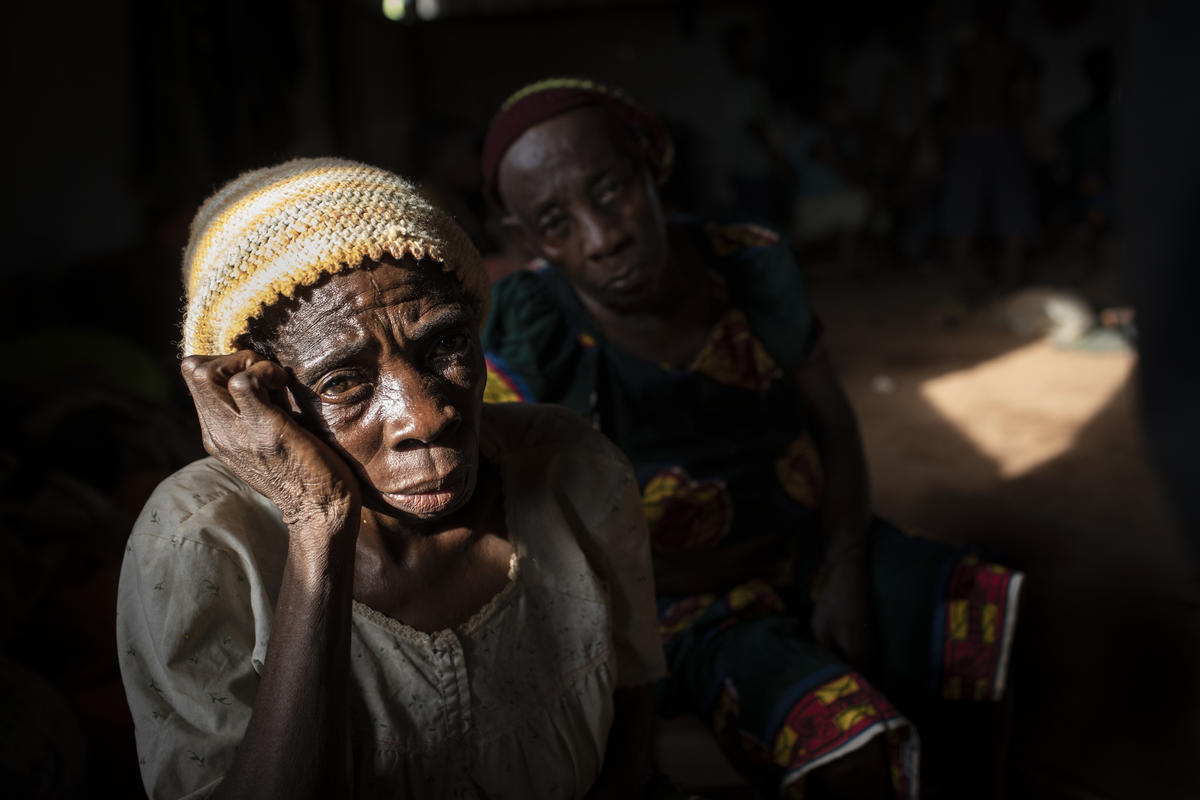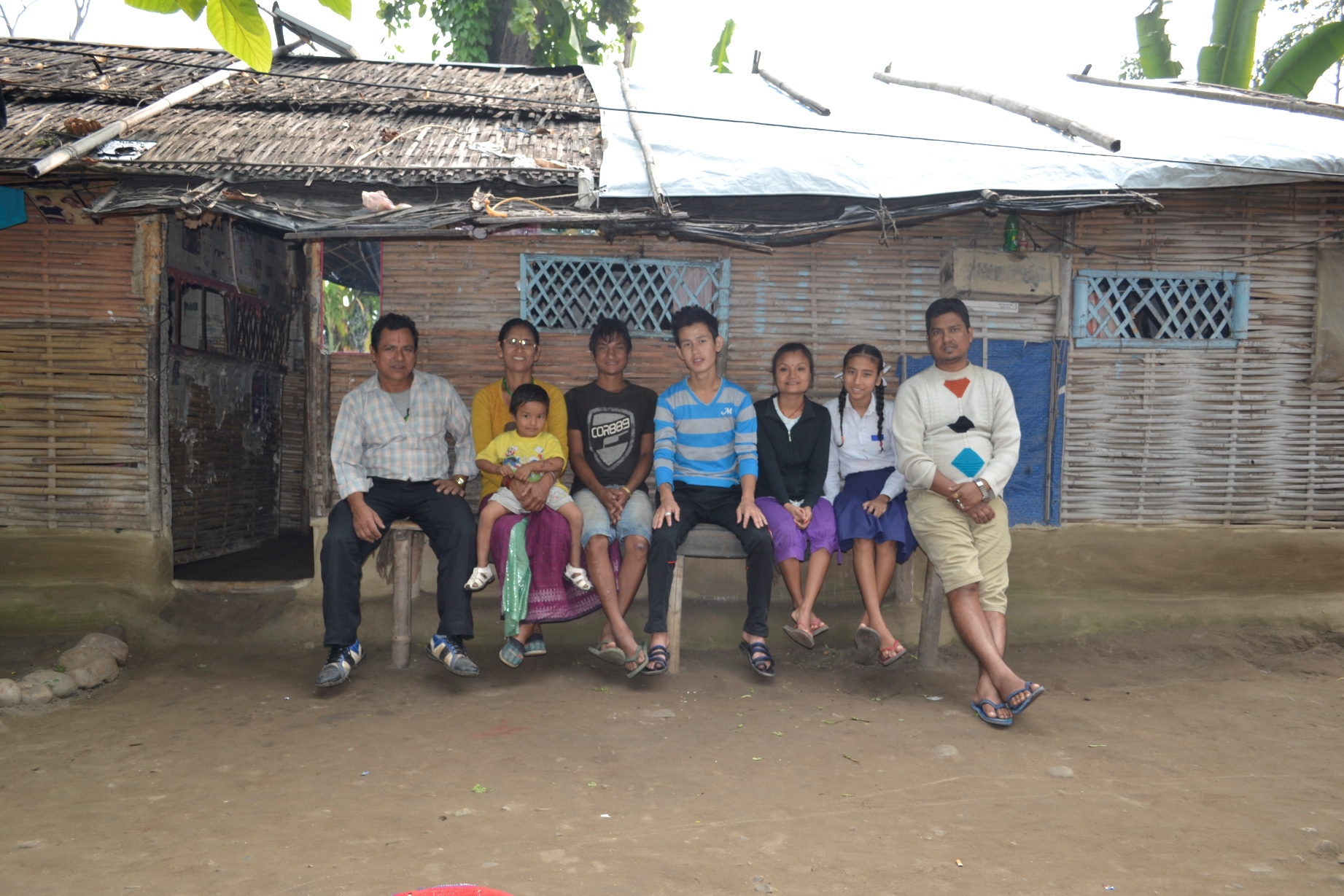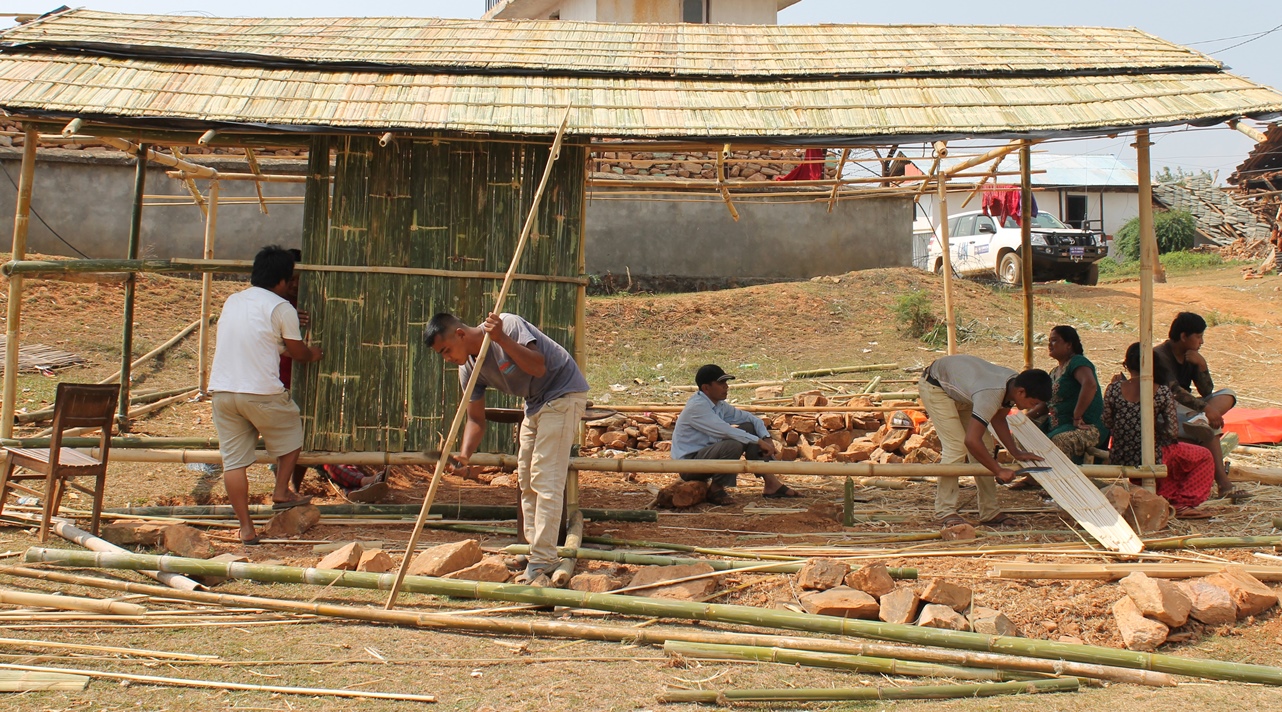Rising world oil prices squeeze fuel supplies for Bhutanese refugees
Rising world oil prices squeeze fuel supplies for Bhutanese refugees

GENEVA, Sept 2 (UNHCR) - Rising world oil prices are having a devastating effect on the UN refugee agency's fuel budget for Bhutanese refugees in camps in eastern Nepal, with more than half a million dollars in extra funds approved on Thursday to make up the shortfall.
"The main cooking and lighting fuel for the 105,000 Bhutanese refugees in the seven camps is kerosene. It's always been a major part of our total assistance budget for the refugees - just under 50 percent. But the oil price hikes over the last few months have really hit us hard, and we had to ask for about $675,000 more than was planned for 2005," said UNHCR's Asia Pacific Bureau director, Janet Lim.
In Nepal, there has been a 61-percent increase in fuel prices since January 2005 and further increases are expected.
Despite the fact that it is extremely difficult to find additional funds at a time when UNHCR's overall budget is facing a lot of constraints, the extra funding for Nepal's fuel budget until the end of the year was approved in Geneva by the refugee agency's Operational Review Board.
The Bhutanese refugees will now continue to receive their bi-weekly rations of fuel until the end of 2005.
"We were alarmed at the prospect of having to reduce fuel rations for the refugees because there is already a huge amount of frustration in the camps and any reduction in fuel rations would have affected their daily lives," said Lim.
The Bhutanese refugees of Nepalese ethnic origin sought refuge in Nepal 15 years ago after being evicted from Bhutan. However, after years of fruitless bilateral negotiations between Nepal and Bhutan on repatriation, tension is now rising in the refugee camps as prospects for return and any kind of normal future are fading. Excluded from the bilateral negotiations, UNHCR has continued to strongly advocate for a long-term solution to the plight of the refugees and is also sensitive to donors' concerns about the extended, ongoing nature of funding for this particular situation.
"UNHCR never has enough funding," said Lim. "And these continuing hikes in oil prices are not going to go away. Even if we have succeeded this time in getting the extra money we need for the Bhutanese refugees up until the end of the year, we are still going to face the same problem next year."
The UN refugee agency has already been exploring alternative, more sustainable fuel sources, in particular carbon briquettes. The current rise in oil prices will only add urgency to the search for viable fuel alternatives.
By Jennifer Pagonis







